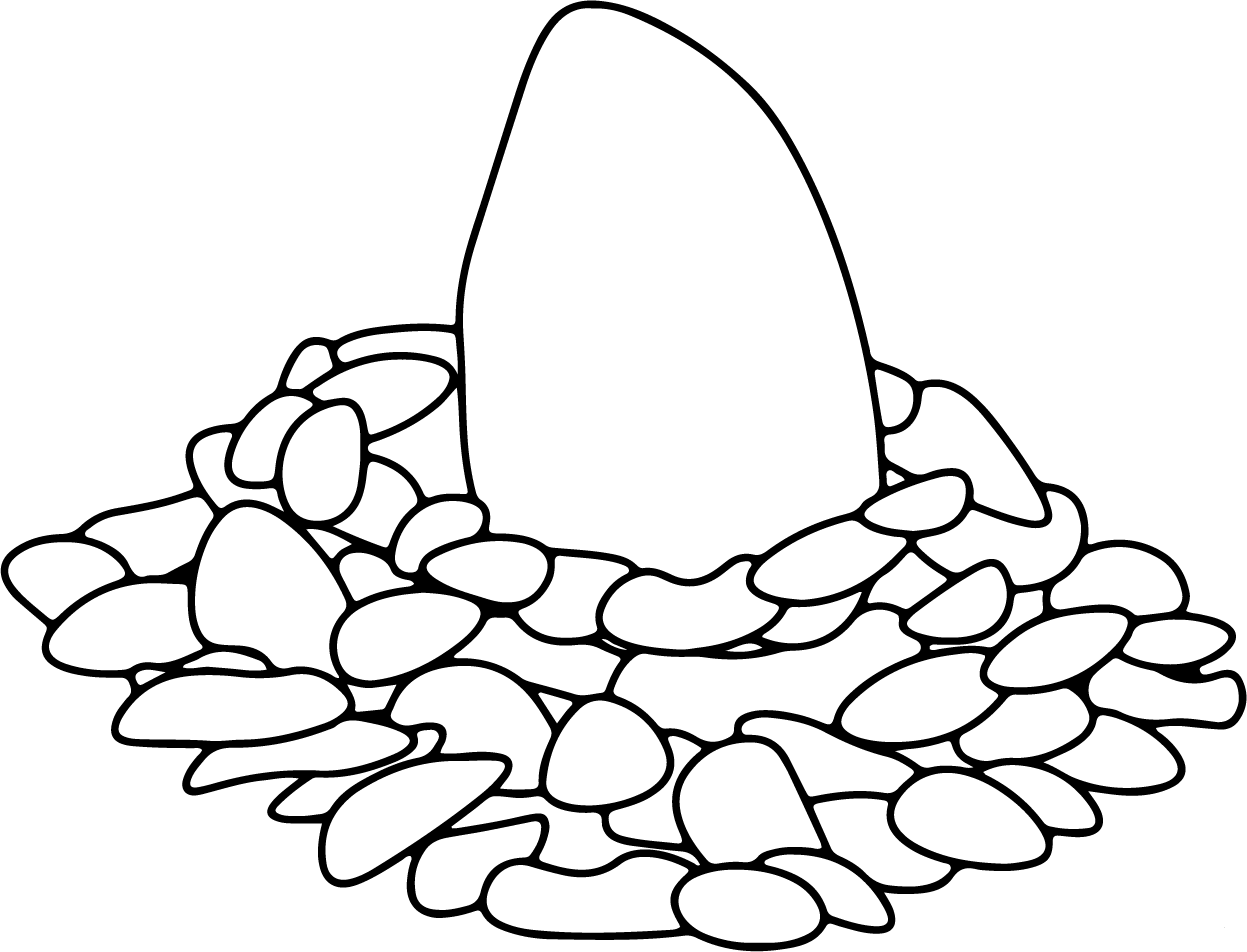
COMMON SURVIVAL
GAS GALLERY - Los Angeles
January 26–April 14, 2019
Featuring:
Molly Adams, Nicolas Baird, Amanda Baum & Rose Leahy, Haley Bueschlen, Angela Chan / algaela, Sabeen Chaudhry, Allyson Church & Greta Skagerlind, Lucy Cleek, Tiger Dingsun, Charlie Ehrenfried, Andil Gosine, Ryan Hammond, Quinn Harrelson, Emily Harter, Invisible Labor, Emily Jones, David Kim, Les U. Knight, Estraven Lupino-Smith, Tim Mann, Marius Mason, Lee Pivnik, Plasticity (Gabriele Leo & Grazia Mappa), POSADAS (Pablo Herza & Ignacio Hernández Murillo), Queer EcoJustice Project, Catriona Sandilands, Micah Schippa, Jack Schneider, Pinar Ateş Sinopoulos-Lloyd, Michelle Site, Corinne Teed, Andrea Tirrell, Rachel Weaver – Weaver Zines, Antonia Wright, Virtuellestheater, Edgar Xochitl, Agustine Zegers, Luis Angel Zepeda
Location and hours:
Saturdays, Noon-5pm, January 26-April 14, 2019
Tin Flats
1989 Blake Ave
Los Angeles, CA 90039
http://tinflats.la/
Opening reception Saturday, January 26, 2019, 4–8pm at Tin Flats. During the opening, Luis Angel Zepeda and Jazzy Mercedes will perform Nectar Rite.
For other pop-up locations, check our Instagram or Twitter @gasdotgallery
In Spring 2019, Gas will exhibit the multi-format publication Common Survival curated by the Institute of Queer Ecology (IQECO).
Guided by queer and feminist theory and decolonial thinking, IQECO aims to nurture a new environmental paradigm based on the concepts of interconnectivity and inseparability. Their mission is to create an expanded understanding of Queer Community that includes nonhuman kin and prioritizes anyone subjugated, regardless of race, class, nationality, ability, income level, sexuality, gender or species. Their programming is interdisciplinary and revolves around migratory exhibitions, public programs, and publications (online and IRL).
Common Survival builds upon IQECO’s work imagining and creating alternative, utopian, non-human centered structures for collaboration and artistic research. The publication is the result of an international open call initiated by IQECO and includes contributions from forty artists, collectives, writers and activist groups. The projects appear as texts, zines, screen prints, photographs, sculptural objects, poems, video, audio recordings and other hybridized modes of research display.
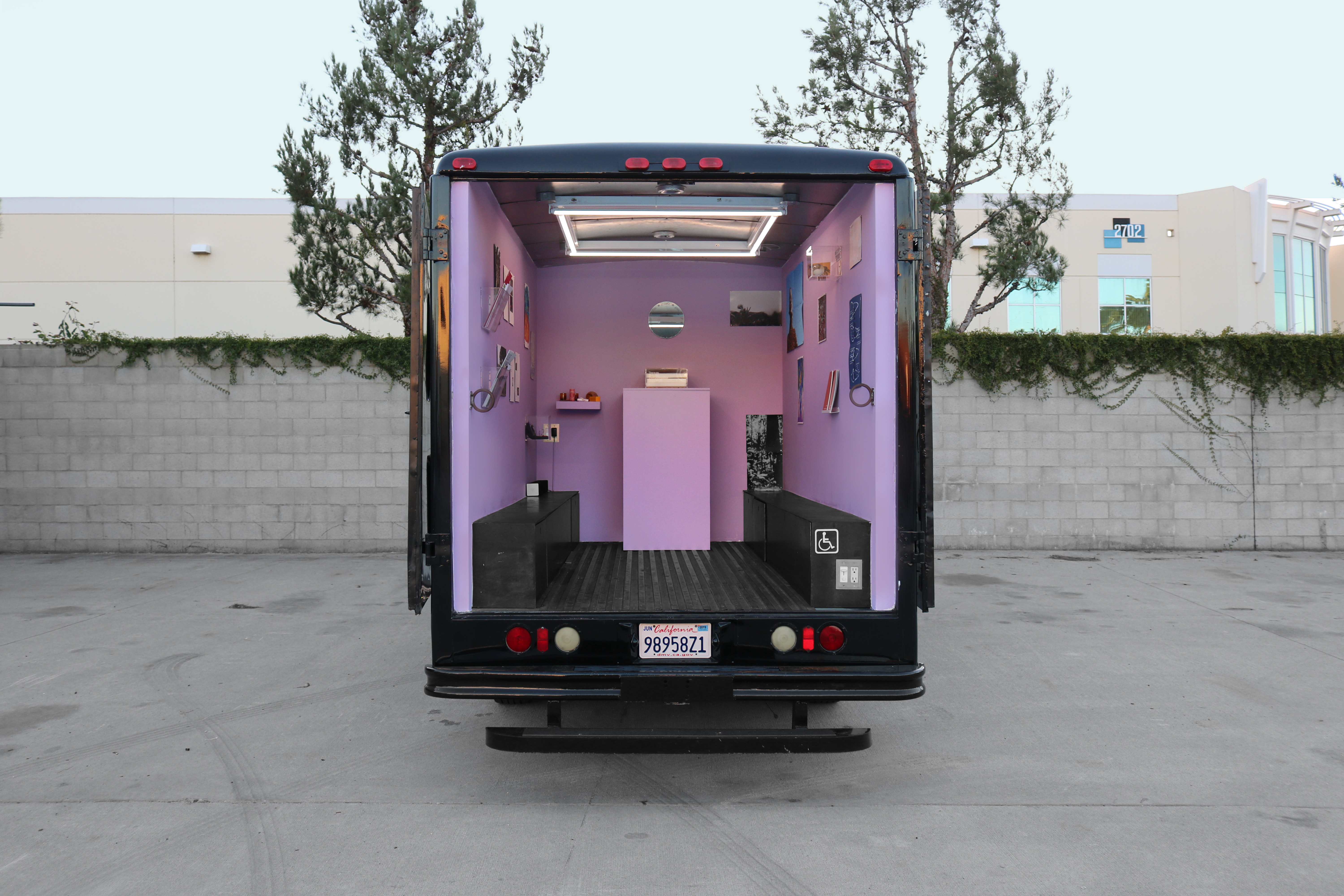
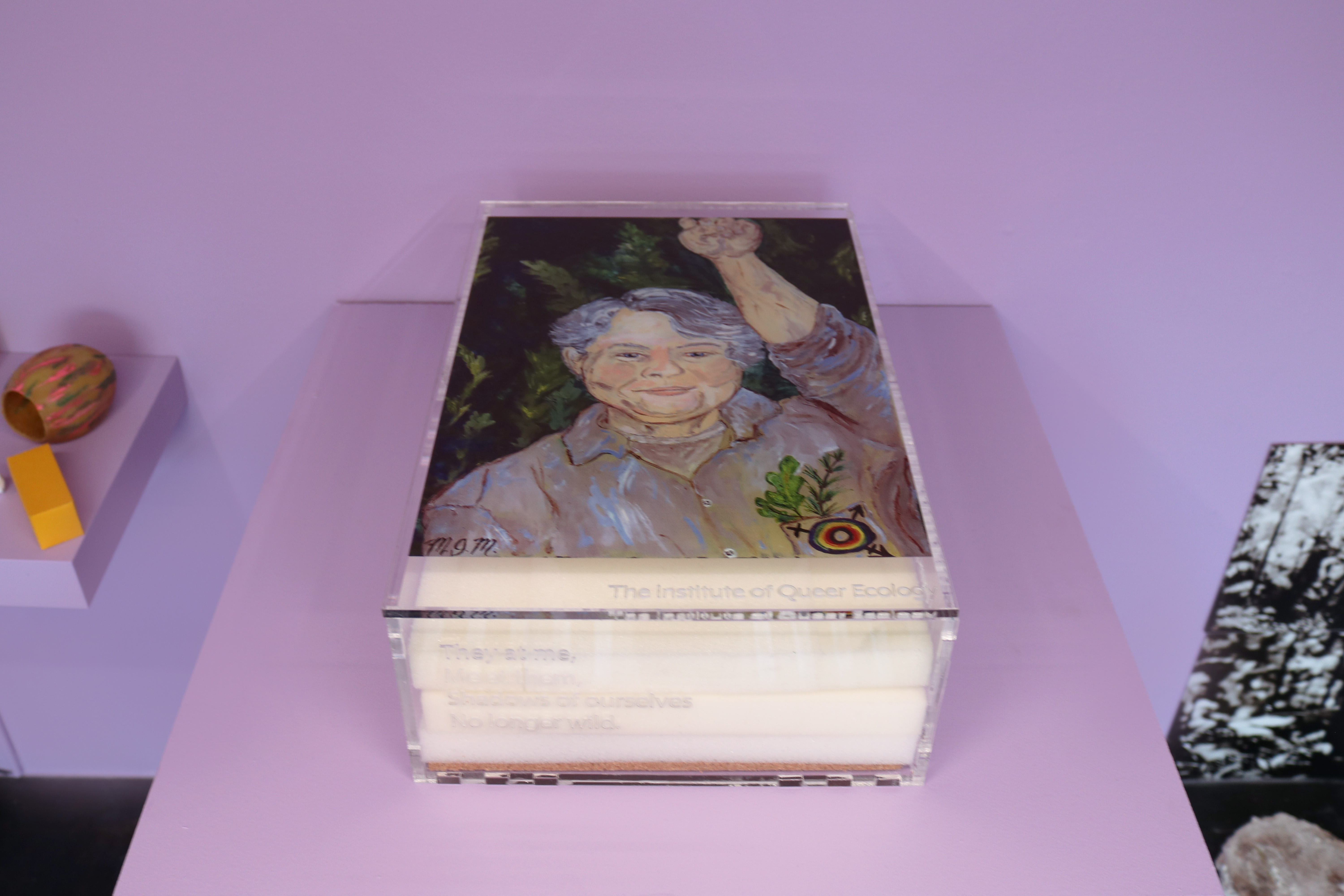

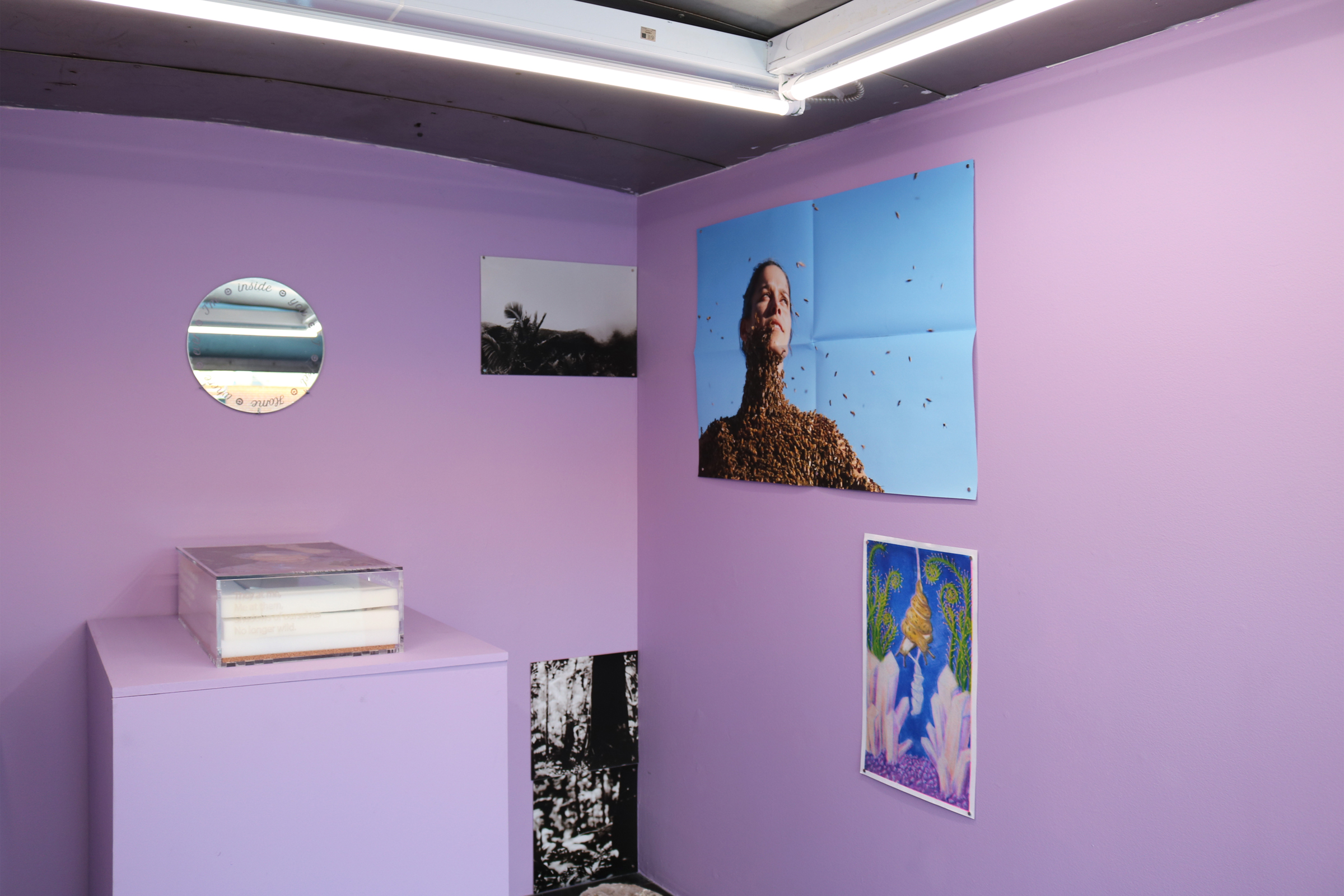




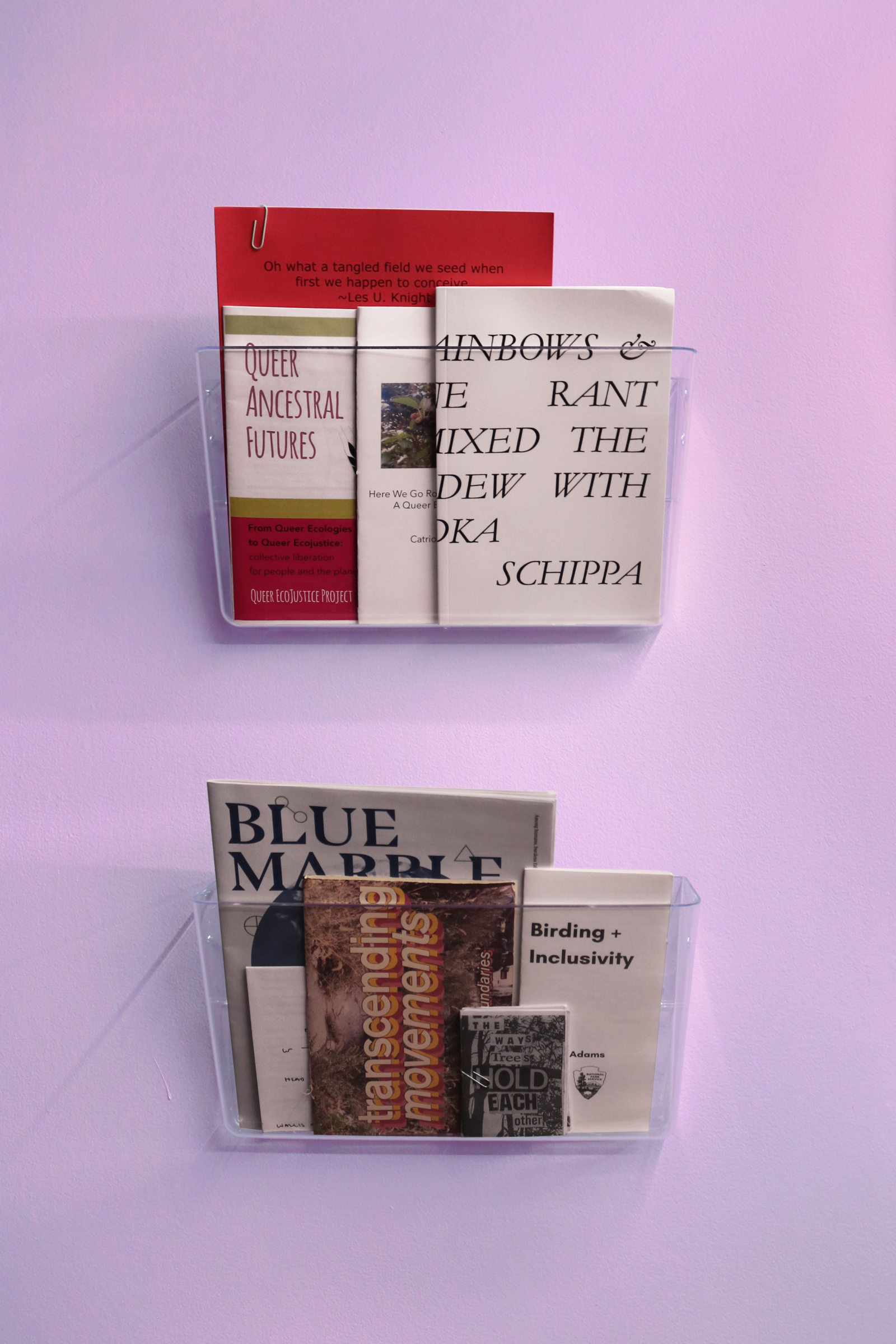
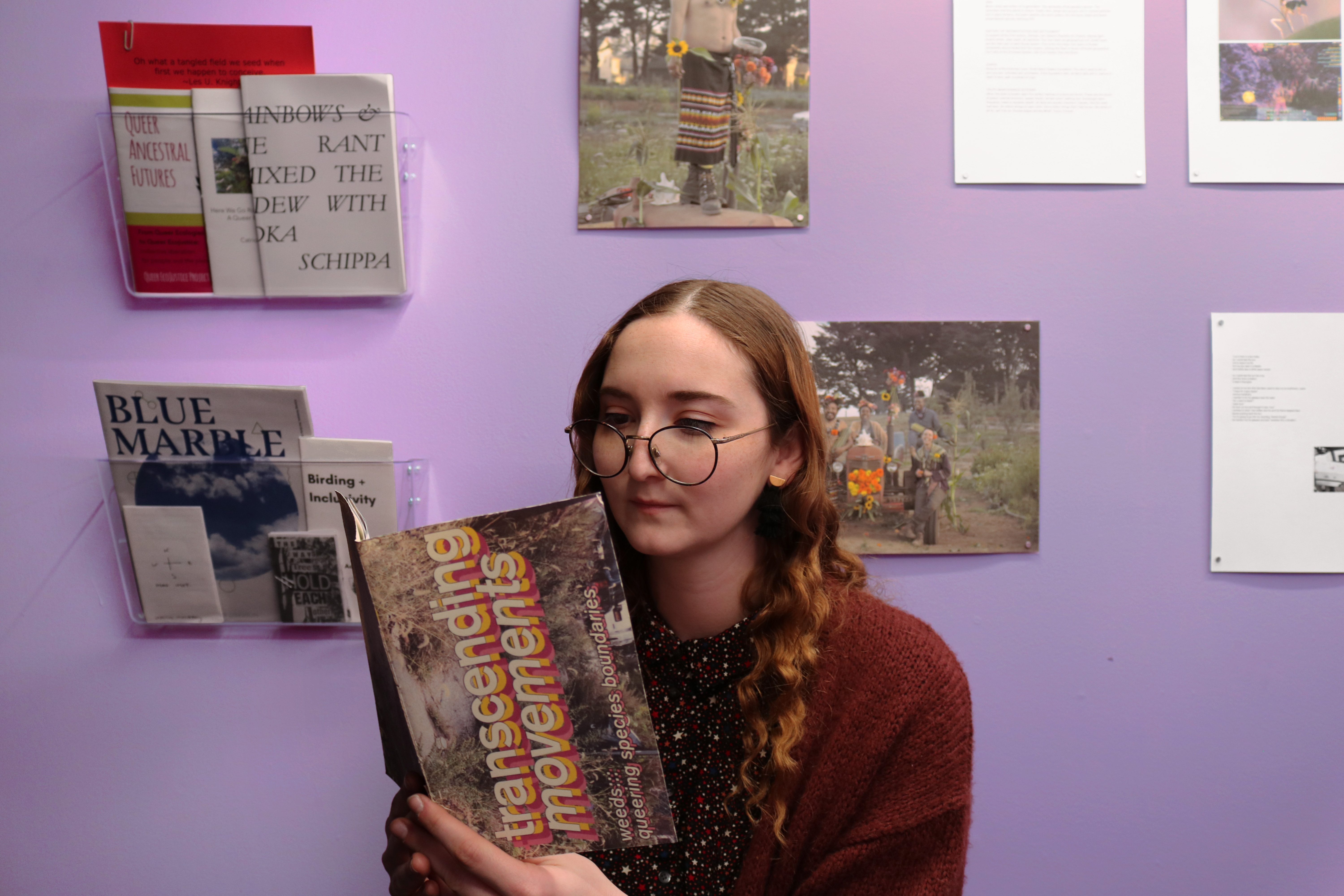

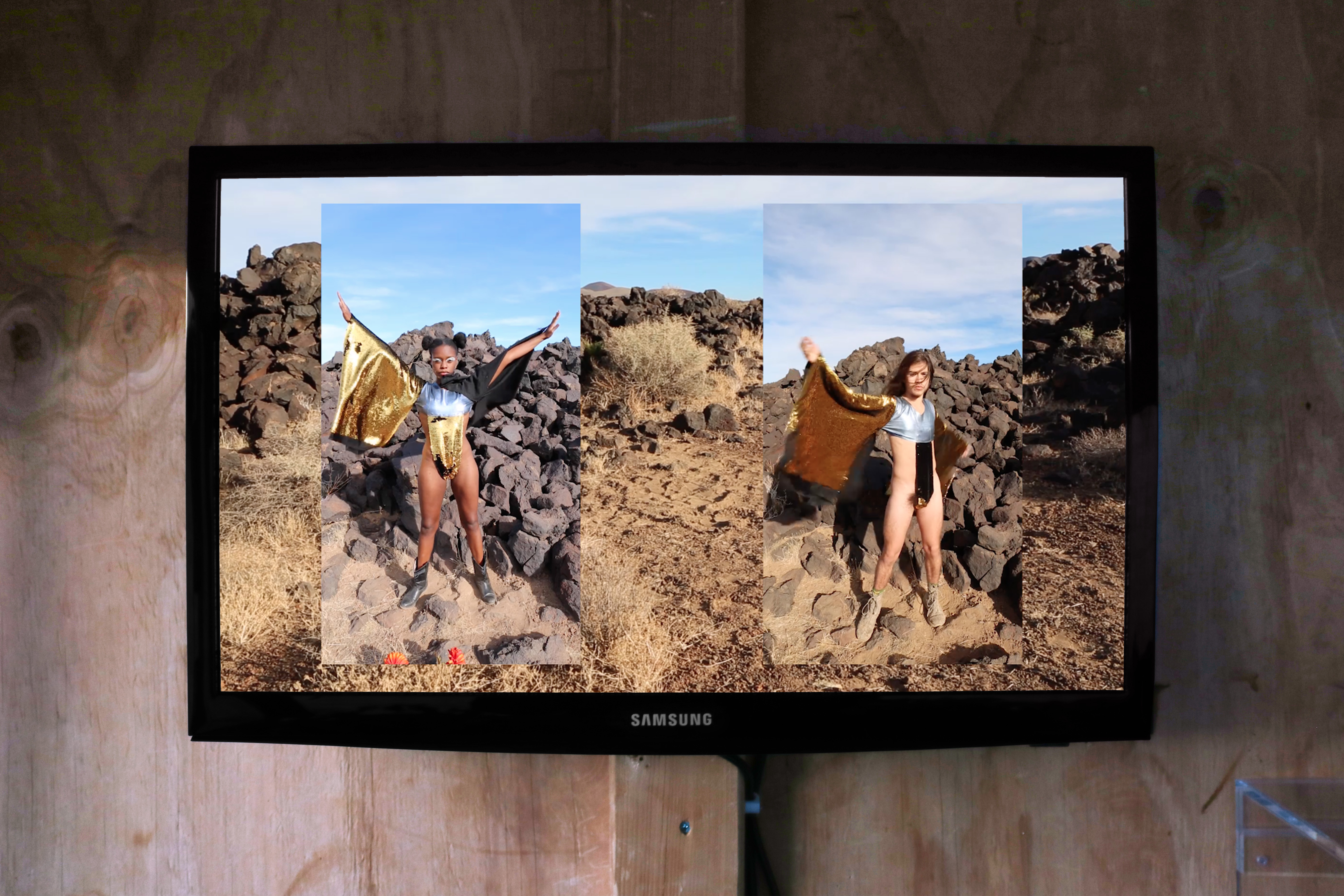
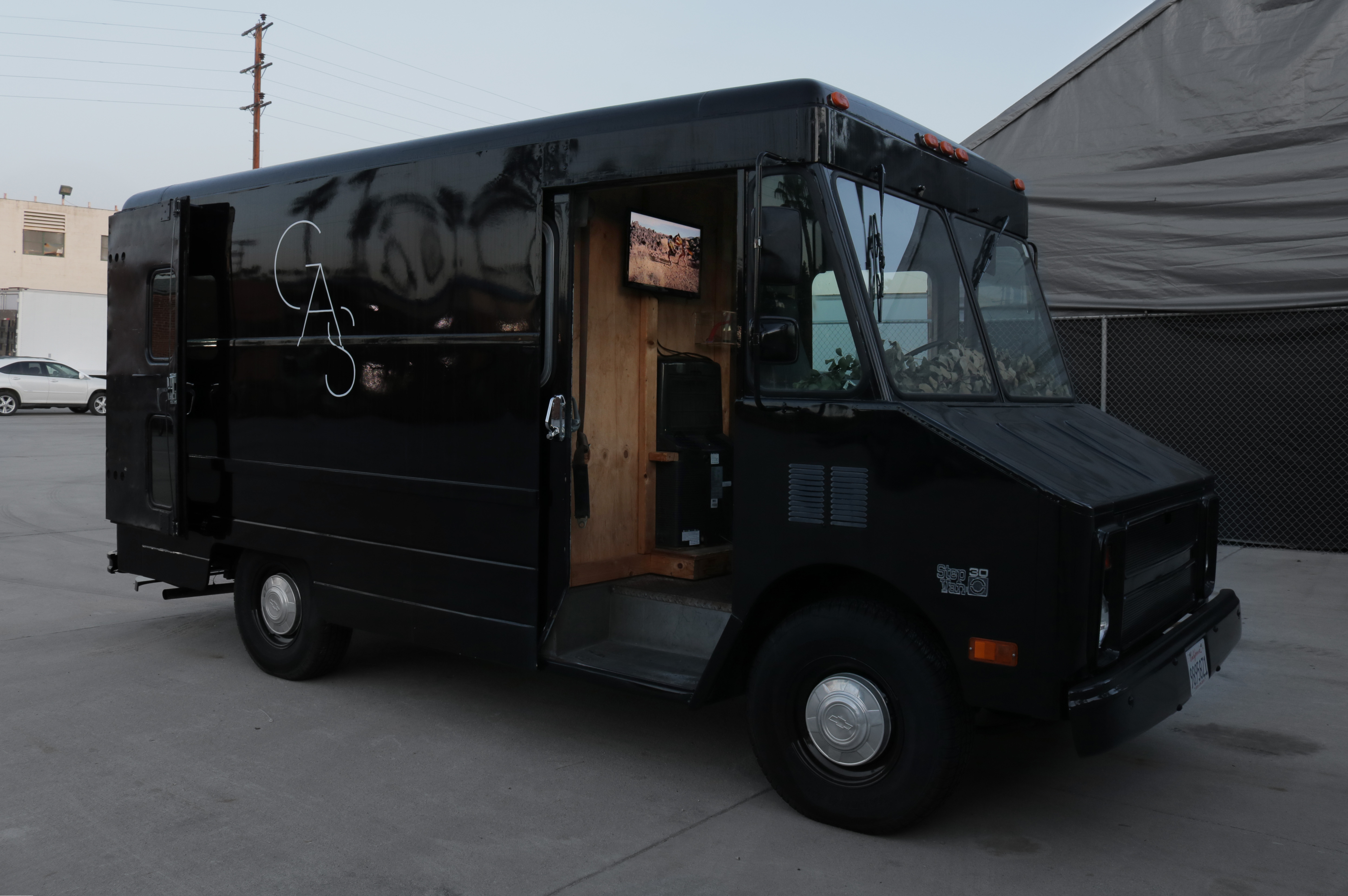
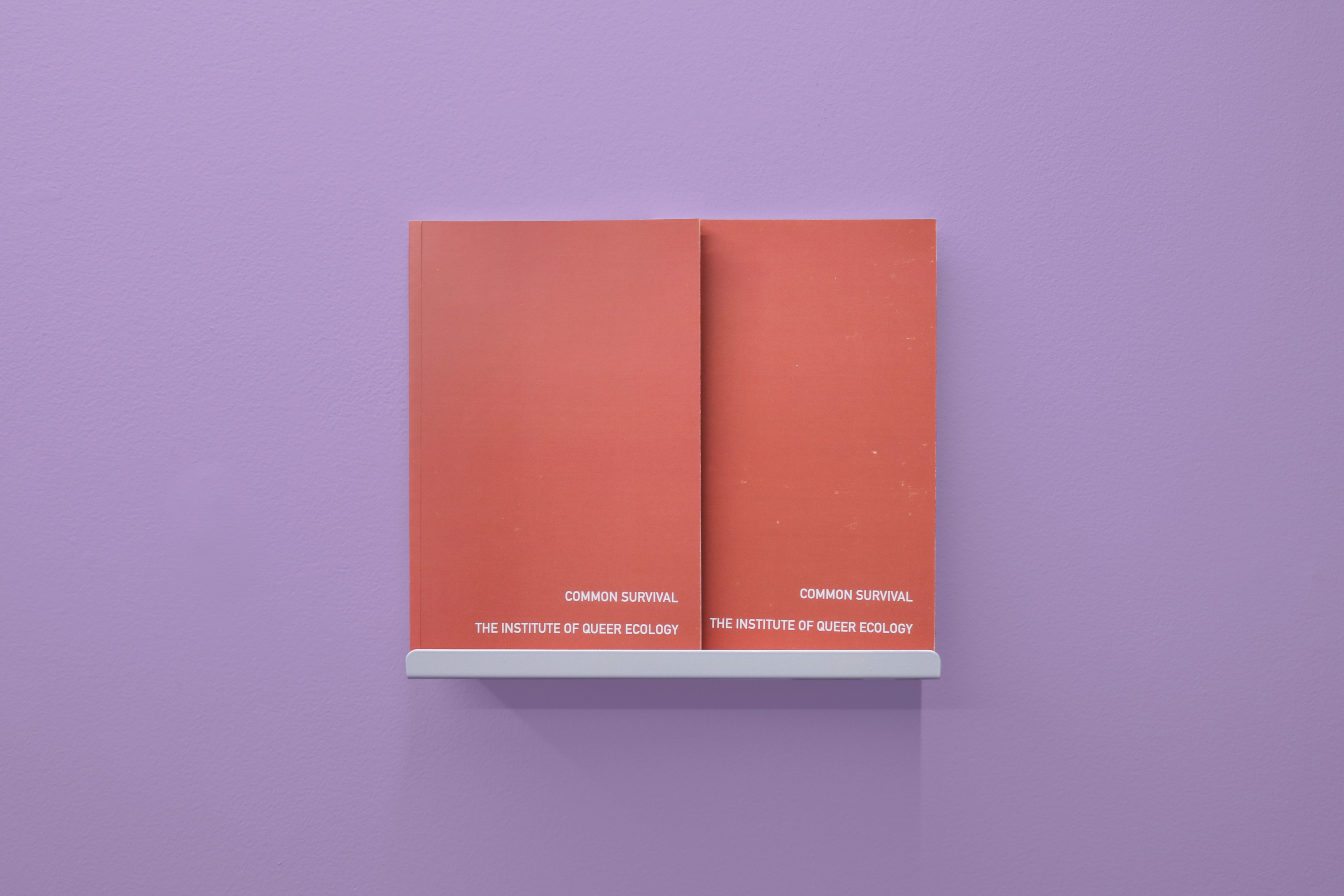
Common Survival, 2019, installation views, Gas, Los Angeles. (Documentation by Larin Sullivan, Andy Bennett and Colleen Hargaden)
Please read the accompanying exhibition statement for Common Survival authored by IQECO below.
The Institute of Queer Ecology was founded, out of necessity, as an act of resistance. It is an institute of hope and relentless optimism towards a utopian ideal, asking only for a place in this world for organisms of every kingdom, gender and sexuality. IQECO, now over one year old, evolved in the tidepool of fear and urgency that followed the 2016 election. In the past year, America has pulled out of the Paris Climate Accord, restricted the rights of transgender inmates, appointed a climate science denier to the helm of the EPA, quietly removed the Presidential Advisory Council on HIV/AIDS, and made countless (relentless) other steps towards the erasure of environmental concerns and LGBTQ+ needs. The question at hand now is simply: How Do We Survive?
That question is loaded. Many of us are growing numb to the bombardment of slow violence that disproportionately affects groups of people that have been experiencing injustice for a history far greater than the last year and half. This resurgence of biopolitical control, overt racism and (capitalistic) environmental destruction in America angers many of us but is also actively destroying peoples lives. Personal survival is not on all of our individual minds, but Common Survival—for our extended communities—needs to be.
The Institute of Queer Ecology believes that our best chance towards Common Survival depends on the formation of an alliance between all subjugated organisms. By better understanding non-human tactics of living and reproducing, we can find alternative modes towards a Common Survival for ourselves and the environment that supports us. This publication is a collection of a variety of survival tactics. Some contributors look towards the future, imagining biotech evolutions that will allow for greater independence from regimes of control, or propose a multispecies transgenic hybridity that will mutually benefit us and other organisms. Some share tactics rooted in the past: Ancestral indigenous knowledge buried beneath settler colonialism. Others present projects rooted in the deepest present; social rituals meant to be acted out in unison by people that encounter this collection of work.
Common Survival manifests itself as multi-format publication, meaning its contents are untethered and diverse in material. It is essentially a traveling exhibition in a box, made to migrate. When we sat down to discuss how we could create an object-based tactile publication without a budget, we immediately realized it was not a model that cooperated well with our intention to present artist research and critical thinking in an accessible, affordable, democratic way. Our solution was to sharply lower the edition size of the publication. There are 6 copies of Common Survival and each is nearly identical. The 6 copies are meant to exist as library books and are available to be loaned to any interested party for one month at a time. We will prioritize community centers over individuals to receive a case upon request, as our mission is to have this work reach multiple people, as fast as possible.
As we are currently running without a budget, we ask that any interested party pay for shipping one way, to receive the work from whoever has it currently. We understand that the shipping cost may be an inhibiting factor towards who can request this work – so if you are interested in receiving it, we recommend partnering with a nearby institution, possibly a gallery, LGBTQ+ youth center, public library or university to cover the cost of shipping and widen the local audience for the work.
The publication exists as an 11 x 17 x 5 inch box, containing 33 projects. The included projects may appear as printed booklets of text, zines, screen prints and photographs, sculptural objects, poems, video or audio recordings on media devices, or other hybridized modes of research display. The 33 selected works are the result of an international open call and the final selection includes people in varying stages of their careers, spanning 7 countries. This catalog serves as a field guide to those objects. Object descriptions / Artist bios have been provided by the contributors and vary in style as a result of that. Additionally, each case is customized by an artist who has been approached to produce something specifically for this occasion.
The cases that house the publication were designed by:
• Allyson Church & Greta Skagerlind
• David Kim
• Lee Pivnik
• Marius Mason
• Nicholas Baird
• Quinn Harrelson
We would like to extend a thank you to Jack Schneider and Tim Mann of Prairie, a Chicago based exhibition space, for supporting our project from the beginning and providing a space to launch this publication from. Additionally, we’d like to thank Nikki Juen, Lisi Raskin and Christy Gast for their guidance along the way. Lastly, we have to reiterate our appreciation for each contributor, all of whom donated their creative labor to create this project that we all believe in very much.
Designed for the information age – Common Survival also exists as an online archive, but is best experienced offline, in close quarters with friends and strangers alike.
The limited-edition unarchival print to plant an anxious garden of big dreams (2019) by the Institute of Queer Ecology will be available for sale during the run of the Common Survival exhibition for $10, both on-site and online at gas.gallery/editions. to plant an anxious garden of big dreams is a digital collage laser-printed onto seed paper containing Clarkia, Black Eyed Susan, Bird’s Eye, Sweet Alyssum, English Daisy, Catchfly and Snapdragon seeds. By purchasing the work, the buyer enters into an agreement to plant and grow the print into a small field of wildflowers.
The zine publication Freedom for Marius Mason will be available for free on-site and online at gas.gallery/publications. A catalog for Common Survival is available for perusal on-site and can be downloaded online here: https://bit.ly/2M5DCTC
The online archive for Common Survival will be available for viewing at the gallery’s website (www.gas.gallery) during the exhibition’s duration, and is directly available here: https://www.are.na/institute-of-queer-ecology-iqeco/common-survival
Gas would like to give special thanks to Tin Flats for hosting our weekly parkings in Spring 2019. Founded in 2017 by Stephen Neidich, Tin Flats is an artist-run space founded on a desire to foster artistic practice, collaboration, dialogue, exhibition, and community. http://www.tinflats.la
Please direct all inquiries to ceci@gas.gallery.
